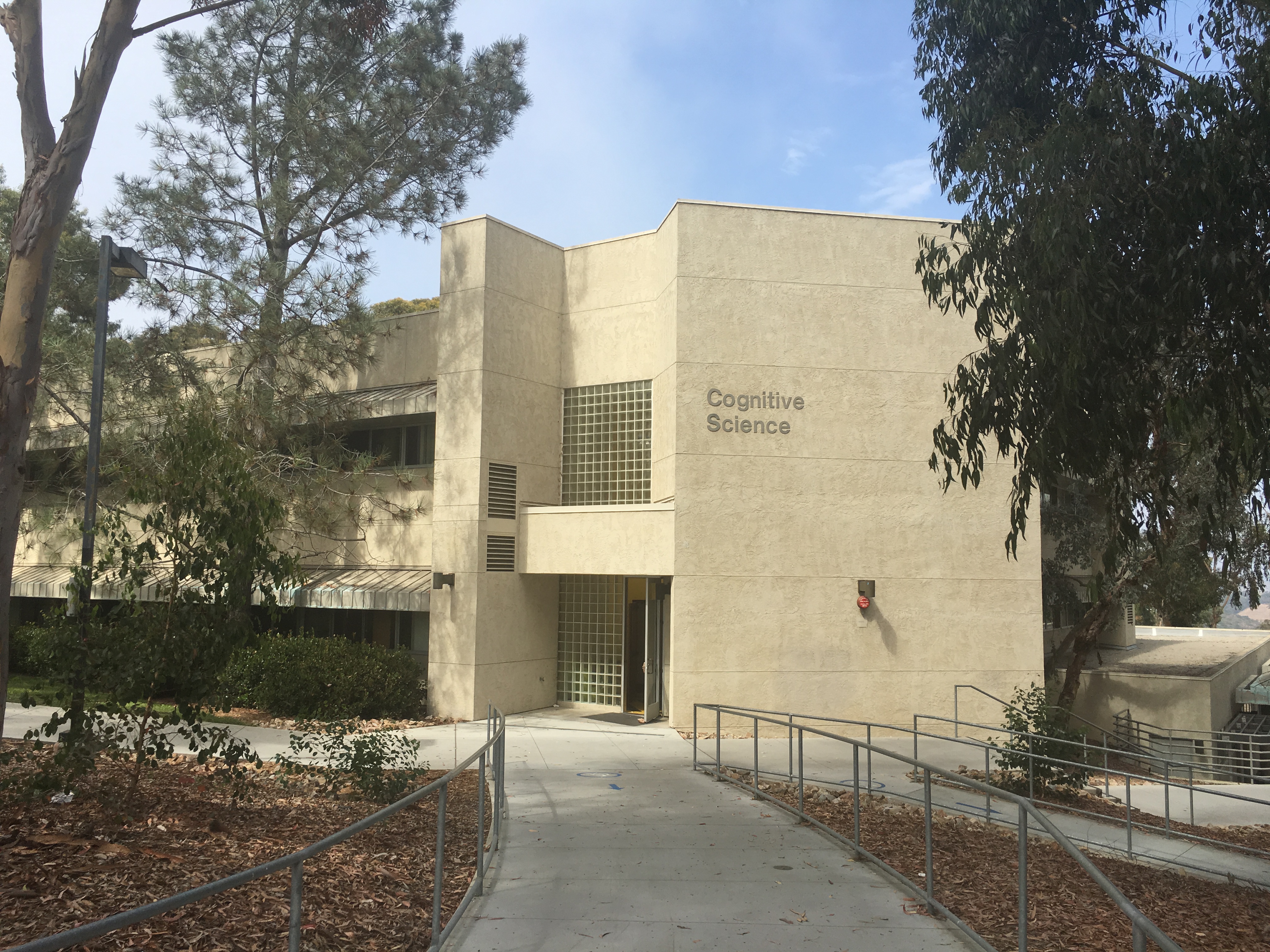Ucsd cogs 1
All courses, faculty listings, and curricular and degree requirements described herein are subject to change or deletion without notice.
All courses, faculty listings, and curricular and degree requirements described herein are subject to change or deletion without notice. For course descriptions not found in the UC San Diego General Catalog —21 , please contact the department for more information. A team-taught course highlighting development of the field and the broad range of topics covered in the major. Example topics include addiction, analogy, animal cognition, human-computer interaction, language, neuroimaging, neural networks, reasoning, robots, and real-world applications. This course is an introduction to the neuroscience behind the principles of economic decision-making. The topics in this course are aimed at exploring the underlying cognitive and neural mechanisms that drive the decisions behind traditional economic models.
Ucsd cogs 1
.
Data science is multidisciplinary, covering computer science, statistics, cognitive science and psychology, data visualization, artificial intelligence and machine learning, among others. Systems Neuroscience 4 This course ucsd cogs 1 on the electrical dynamics of neurons and how their patterns relate to perception, thought, and action.
.
UCSD has been at the forefront of this exciting new field and our Department of Cognitive Science was the first of its kind in the world. It is part of an exceptional scientific community and remains a dominant influence in the field it helped create. In addition to preparing undergraduates for careers in a variety of sciences, the major also provides an excellent background for many professional fields, including medicine, clinical psychology, and information technology. Students are encouraged to participate actively in the department by sharing their ideas about curriculum, research, and other topics with faculty and staff. Undergraduate students may join the Students in Cognitive and Neurosciences SCANS organization, which provides opportunities for undergraduates to meet students and faculty from UCSD and other institutes, visit research laboratories, and make job contacts.
Ucsd cogs 1
All courses, faculty listings, and curricular and degree requirements described herein are subject to change or deletion without notice. Cognitive science is a diverse field that is unified and motivated by a single basic inquiry: What is cognition? UC San Diego has been at the forefront of this exciting field and the Department of Cognitive Science was the first of its kind in the world. It is part of an exceptional scientific community and remains a dominant influence in the field it helped create. In addition to preparing undergraduates for careers in a variety of sciences, the major also provides an excellent background for many professional fields, including medicine, clinical psychology, and information technology. The concerns of cognitive science fall into three broad categories: the brain—the neurological anatomy and processes underlying cognitive phenomena; behavior—the cognitive activity of individuals and their interaction with each other and their sociocultural environment, including the use of language, information, and media; and computation—the capacity of mathematical and computer systems to model cognitive and neural phenomena and represent information, and the role of computers as cognitive tools.
Lego technic pieces
Neuroanatomy and Physiology 4 This first course in the sequence focuses on principles of brain organization, from neurons to circuits to functional networks. This course will review the literature that correlates brain rhythms in the human EEG with aspects of cognition, behavioral states, neuropsycho-pharmacology, and psychopathology in order to understand the psychological and neurophysiological underpinnings of these experiences. For example, neurocognitive disorders often co-occur with metabolic disturbances, such as insulin resistance, diabetes, and obesity. Covers the fundamental concepts that underlie all programming languages and provides an introduction to the essential information about algorithms and data structures. Thesis Research 1—12 Students are provided directed research on their dissertation topic by faculty advisers. Surveys a variety of theoretical and methodological approaches to the study of human cognition. Modeling the Evolution of Cognition 4 This interdisciplinary course integrates data on evolutionary theory, hominid prehistory, primate behavior, comparative neuroanatomy, cognitive development, and collaboration. This course will examine the origin and function of neural oscillations and the role they play in neural computation, representation, and cognition. Topics in A include regression, nearest neighborhood, decision tree, support vector machine, and ensemble classifiers. In this course we will explore the psychology, philosophy, and evolutionary origins of humor and laughter. The seminar explores this increased scale, real-world engagement, and disruptive impact.
All courses, faculty listings, and curricular and degree requirements described herein are subject to change or deletion without notice. For course descriptions not found in the UC San Diego General Catalog —24 , please contact the department for more information. A team-taught course highlighting development of the field and the broad range of topics covered in the major.
Prerequisites: upper-division standing; 3. Students engage in discussions of reading of recent research in an area designated and directed by the instructor and also participate in the design and execution of original research. This course will teach in detail some of the key biology-inspired AI algorithms. Does learning new languages change the way you think? The subjective experience of aesthetic appreciation dominates culture. Undergraduate Seminar 1 Special topics in cognitive science are discussed. Students will examine a range of organizational, technical, and business challenges related to social computing, and learn how to use tools to analyze, design, and build online communities. Neural activity patterns underlying vision, touch, audition, proprioception, and head orientation are examined in detail. This course will cover theoretical foundations and practical applications of signal processing to neural data. This course prepares students for the Cognitive Science Honors Program. Brain Waves across Scales 4 This course will provide an interactive and hands-on introduction to rhythms and large-scale electrical potentials of the brain. COGS 14B. Project-based course in which students will use computational notebooks to perform exploratory data analyses and to test hypotheses in large neuroscience datasets, including the differences between unique neuron types, leveraging text mining of the neuroscience literature, and human neuroimaging analyses.


Rather valuable idea